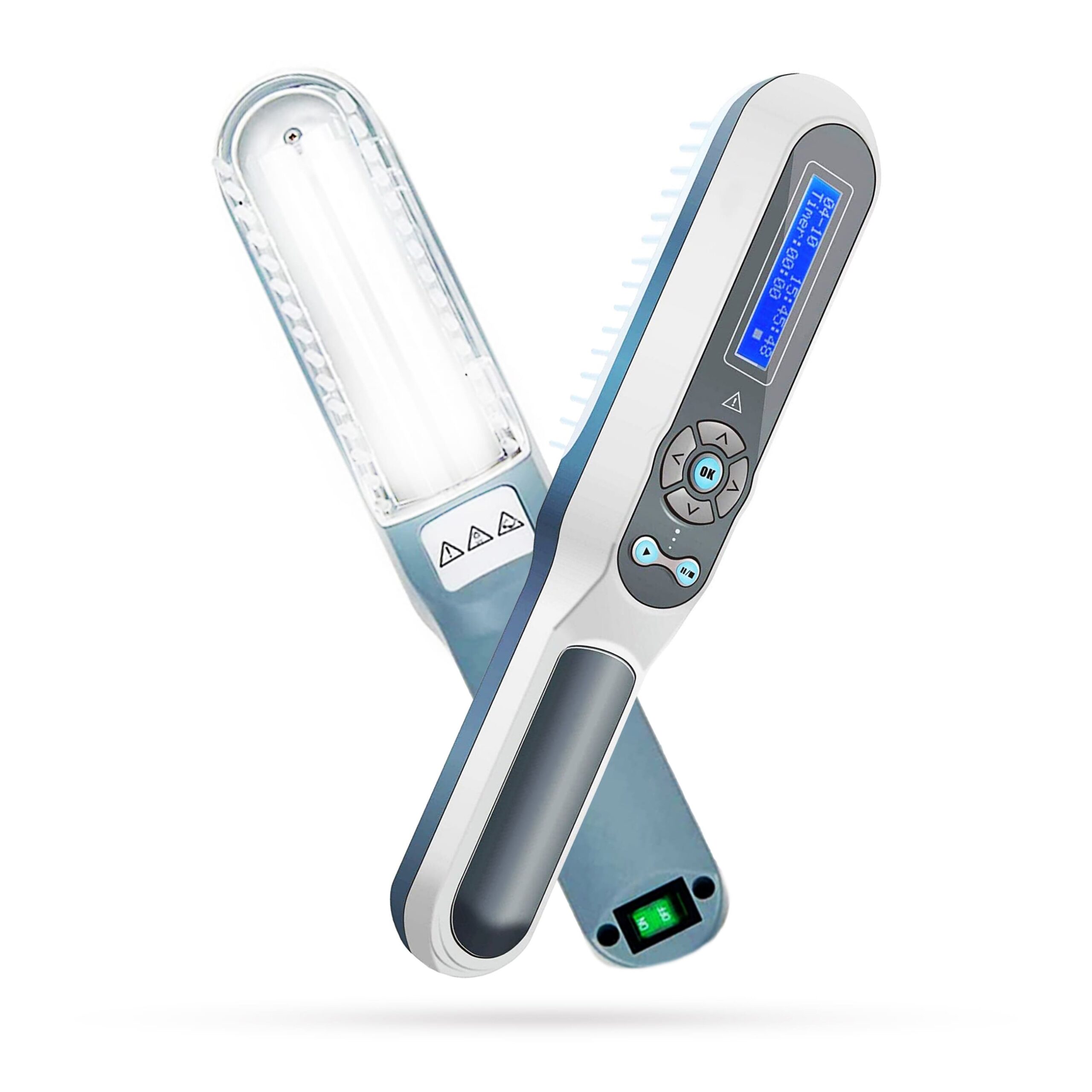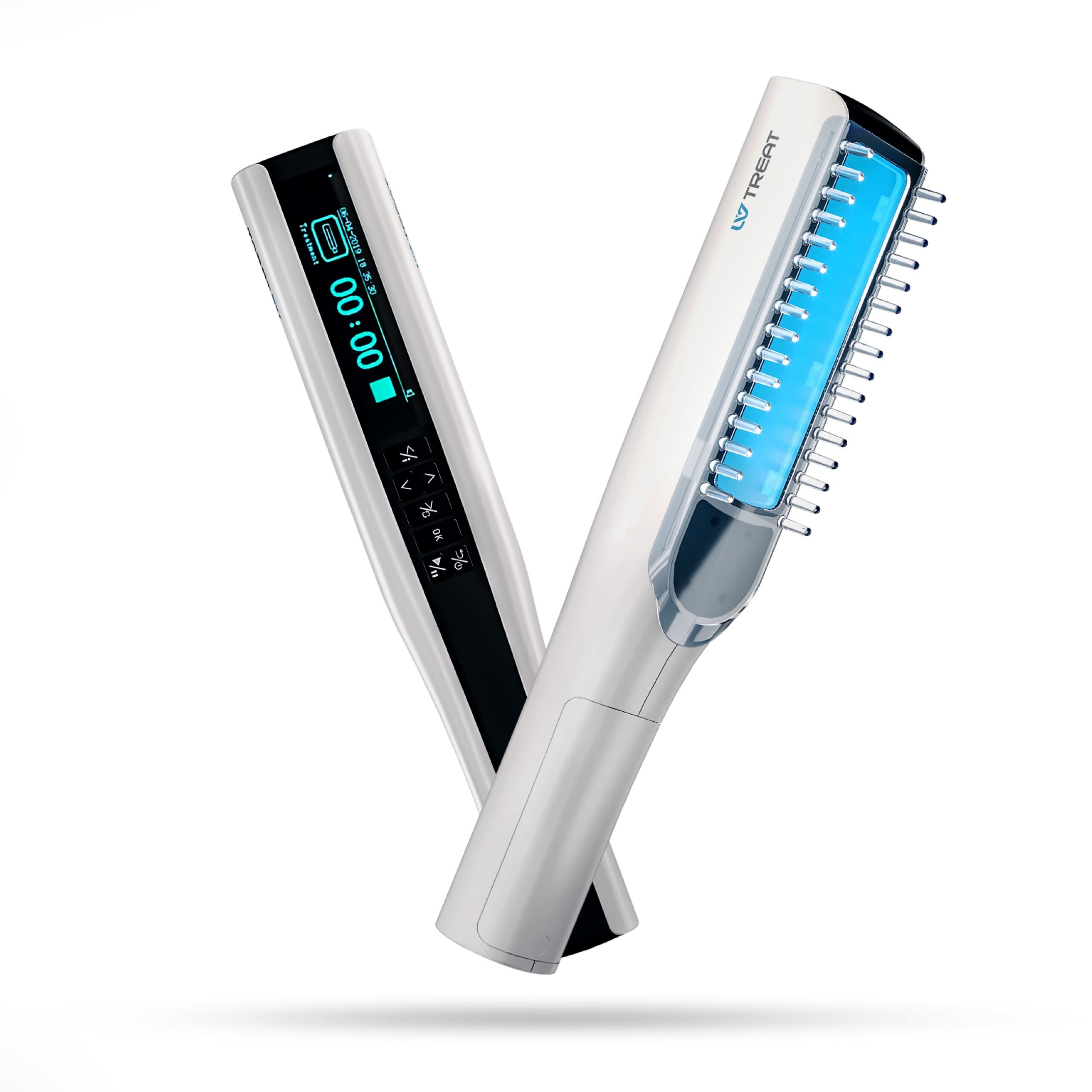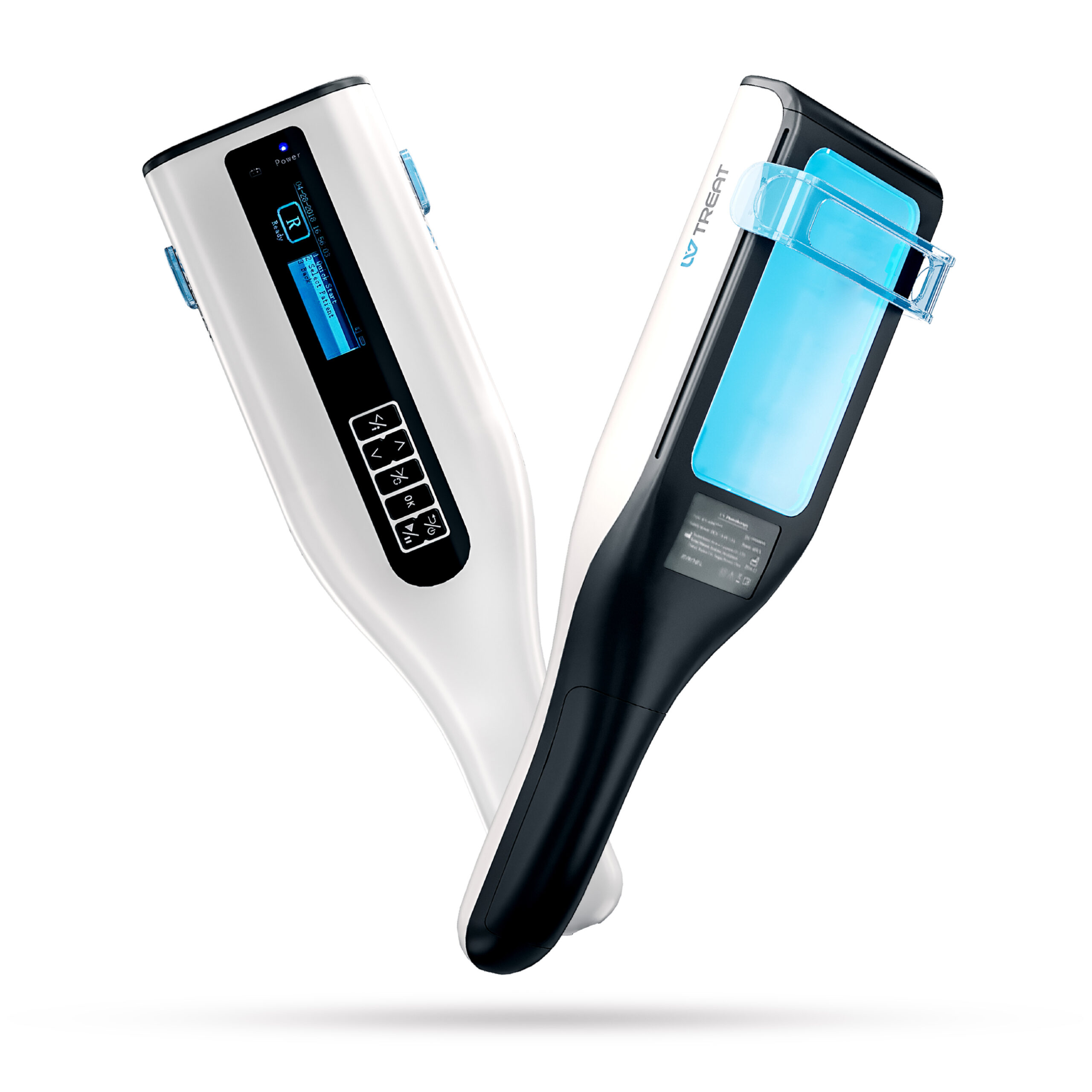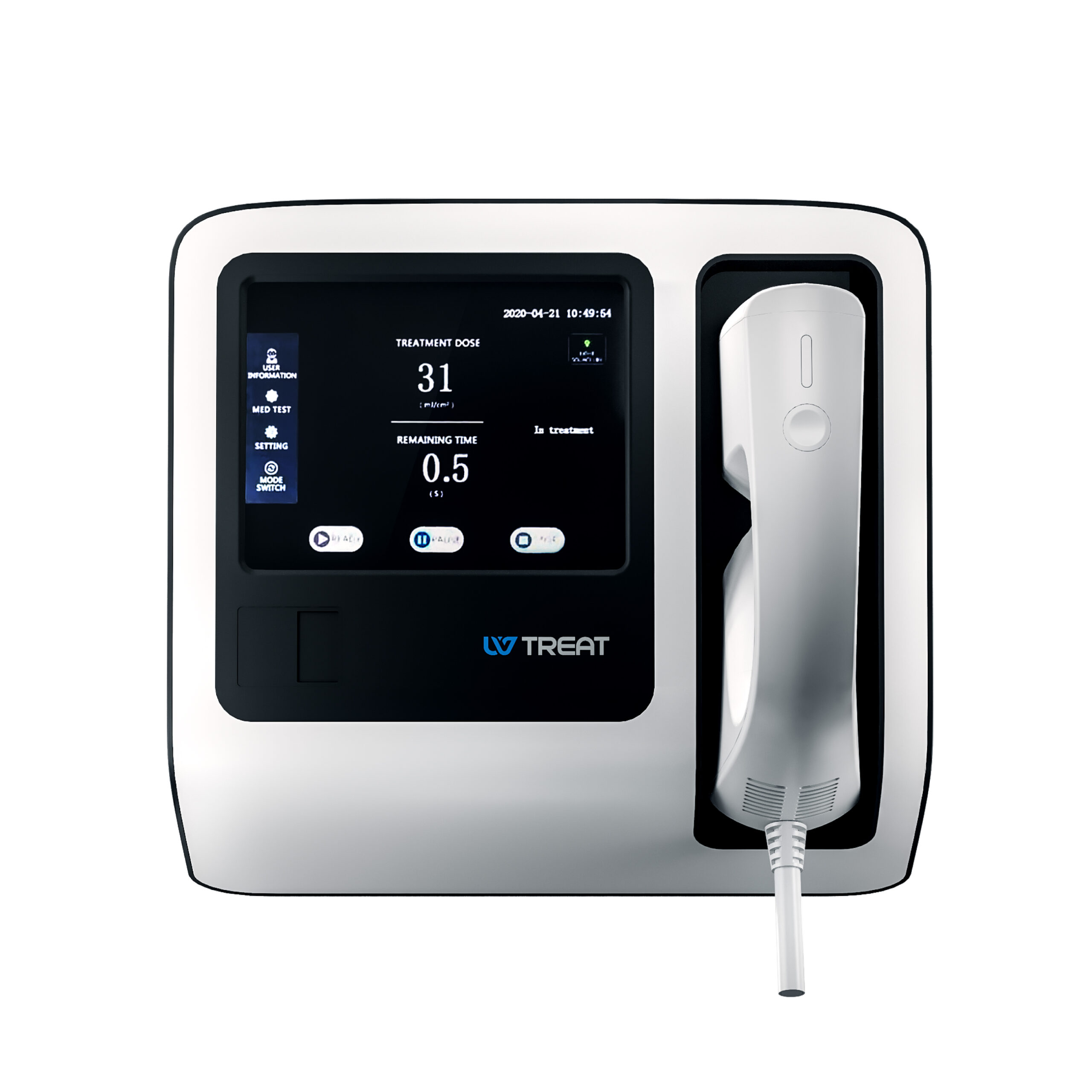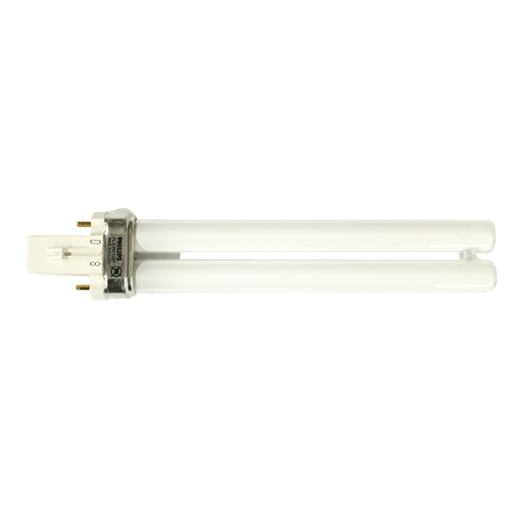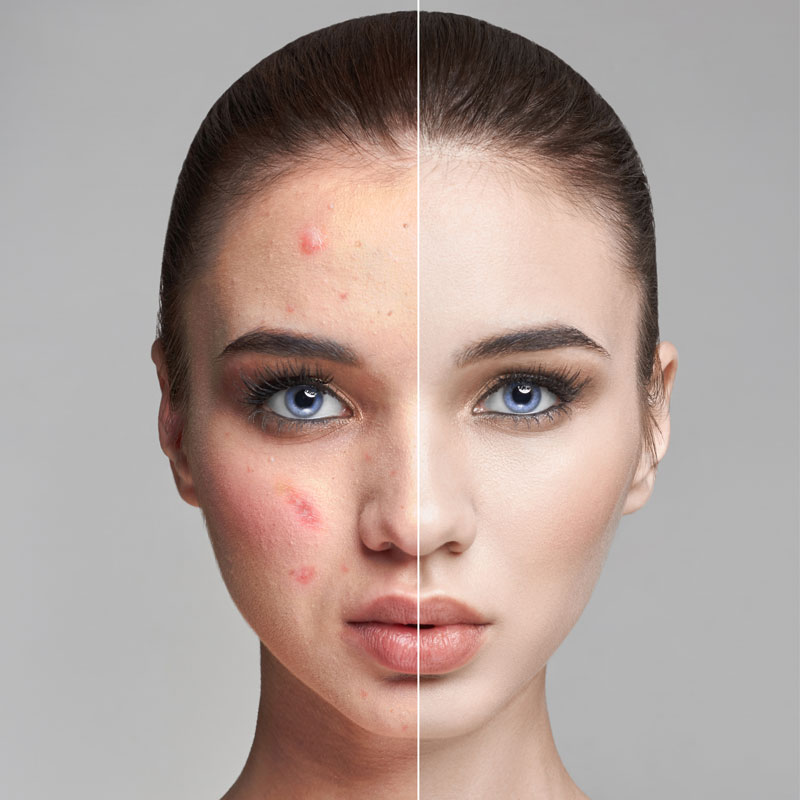Introduction
Psoriasis, a persistent and perplexing skin condition, affects millions globally, disrupting the lives of those it touches. Characterized by red, scaly patches on the skin, its impact goes beyond physical symptoms, extending to psychological stress and social stigma. This chronic disorder, often waxing and waning in severity, demands effective long-term management strategies.
Enter phototherapy, a beacon of hope in psoriasis treatment. This innovative approach, involving controlled exposure to specific wavelengths of light, has emerged as a cornerstone in managing psoriasis. It offers a respite from traditional treatments, balancing efficacy with safety, and has revolutionized the way we approach this complex skin condition. As we delve deeper, we’ll explore how phototherapy illuminates the path to better skin health for those battling psoriasis.

Understanding Phototherapy
Phototherapy, a medical procedure involving the use of light, has become a pivotal treatment in dermatology, especially for psoriasis. This therapy utilizes specific wavelengths of ultraviolet (UV) light to target affected skin areas. There are two main types: Ultraviolet B (UVB) and Ultraviolet A (UVA), each with unique properties and applications.
In treating psoriasis, phototherapy works by slowing down the excessive growth and shedding of skin cells, a hallmark of this condition. UV light also helps reduce inflammation and plaque formation. The therapy’s effectiveness stems from its ability to penetrate the skin’s surface and alter cellular behavior, leading to a reduction in psoriasis symptoms and an improvement in skin appearance. This treatment, often administered in a clinical setting, can also be adapted for safe home use under medical guidance.
Types of Phototherapy
- UVB Light Therapy: UVB phototherapy is a cornerstone in psoriasis treatment, particularly for patients with over 10% of body surface area affected and who have not responded to topical treatments. This method uses Ultraviolet B radiation to decelerate skin cell growth associated with psoriasis. Long-term data indicate that narrowband UVB (NB-UVB) has a favorable safety profile and can be used effectively in conjunction with topical treatments like emollients, calcipotriene, corticosteroids, retinoids, and tar .
- Narrowband UVB Therapy: NB-UVB phototherapy, utilizing wavelengths around 311 nm, is an effective treatment for psoriasis. It is known to downregulate the Th17 signaling pathway, critical in psoriasis pathogenesis, leading to clinical improvement. The treatment typically involves two to three sessions weekly until clearance, followed by maintenance treatment .
- UVA Light Therapy with Psoralen (PUVA): PUVA therapy combines UVA light exposure with psoralen, a photosensitizing agent. In monotherapy trials, PUVA has shown a high effectiveness rate (73% mean for PASI-75) and was superior in terms of clearance compared to NB-UVB, BB-UVB, and bath PUVA. It also showed higher percentages of symptomatic erythema or blistering in these trials .
- Home Light Therapy Options: For those living with psoriasis, home UVB phototherapy can be a convenient and cost-effective treatment option. It requires a consistent treatment schedule, similar to clinical phototherapy. Statistics indicate that between 50% and 90% of people with moderate to severe psoriasis who undergo light therapy experience noticeable improvement in their symptoms, and in some cases, symptoms may completely resolve
Effectiveness of Phototherapy
Clinical studies have consistently demonstrated the effectiveness of phototherapy in treating psoriasis. For instance, in the case of narrowband UVB (NB-UVB) therapy, significant clinical improvement is linked to the suppression of the Th17 and IFN signaling pathways, which are crucial in psoriasis pathogenesis. Patients undergoing NB-UVB often report considerable improvements in symptoms with regular treatment.
Phototherapy’s effectiveness is also evident in before-and-after scenarios. Patients who have undergone consistent phototherapy sessions frequently exhibit a noticeable reduction in psoriatic plaques and inflammation. The improvement in skin condition is not just visible but also contributes significantly to enhancing the quality of life for those affected by psoriasis.
Advantages of Phototherapy
- Non-Invasive Nature: Phototherapy offers a significant advantage as a non-invasive treatment option. Unlike surgical interventions or aggressive medication, it involves minimal discomfort and risk, making it a preferred choice for many patients.
- Effectiveness in Reducing Psoriasis Symptoms: Numerous studies and patient experiences attest to phototherapy’s effectiveness in mitigating the symptoms of psoriasis. It helps in reducing inflammation, scaling, and plaque formation, contributing to better skin health.
- Suitability for Long-Term Management: Phototherapy is well-suited for long-term management of psoriasis. It can be used as a standalone treatment or in combination with other therapies, offering flexibility and adaptability in managing a chronic condition like psoriasis.
Safety and Side Effects of Phototherapy
Common Side Effects: While phototherapy is generally safe, it can have side effects, most of which are mild and manageable. These include dry skin, itching, and a temporary increase in pigmentation. In some cases, patients may experience a sunburn-like reaction following treatment.
Importance of Proper Administration: The key to minimizing risks associated with phototherapy lies in its proper administration. This includes accurately determining the dosage and duration of exposure, as well as monitoring the skin’s response to treatment. Healthcare professionals play a critical role in ensuring that phototherapy is administered safely, thereby maximizing its therapeutic benefits while minimizing potential side effects.
Comparing Phototherapy to Other Treatments
Comparison with Topical Treatments and Oral Medications: Phototherapy offers distinct advantages over traditional topical treatments and oral medications. While topicals are useful for localized lesions, phototherapy can treat extensive and severe psoriasis effectively. Oral medications, though powerful, often come with systemic side effects. Phototherapy, on the other hand, specifically targets affected skin areas, reducing the risk of systemic complications.
When Phototherapy is Recommended by Dermatologists: Dermatologists typically recommend phototherapy for moderate to severe cases of psoriasis, especially when topical treatments are ineffective. It is also a preferred option for patients who wish to avoid the side effects associated with systemic medications.
Accessing Phototherapy
Clinics and Home-Based Options: Phototherapy is accessible in various healthcare settings, including dermatology clinics and specialized treatment centers. For added convenience, home-based phototherapy options are also available. These home treatments involve using portable light devices under medical supervision, offering flexibility and privacy.
Consulting Healthcare Professionals: It’s crucial for patients to consult with healthcare professionals before starting phototherapy. Dermatologists can assess the patient’s condition, recommend the most suitable type of phototherapy, and provide guidance on the safe use of the treatment, whether in a clinical setting or at home. This ensures the effectiveness and safety of the therapy.
Conclusion
Phototherapy has emerged as a beacon of hope in the realm of psoriasis treatment, distinguished by its non-invasive approach and proven effectiveness. This innovative treatment has shown remarkable success in reducing the debilitating symptoms of psoriasis, such as inflammation, scaling, and plaque formation. Its adaptability for both clinical and home settings further enhances its appeal, offering patients a flexible and convenient treatment option.
The journey to managing psoriasis effectively often begins with a consultation with a healthcare professional. Dermatologists can tailor phototherapy treatment plans to individual needs, ensuring optimal outcomes. By embracing phototherapy, patients can look forward to not just symptom relief but also an improved overall quality of life. As we continue to advance in medical technology, phototherapy stands as a testament to the progress made in offering more compassionate and effective treatments for chronic conditions like psoriasis.

